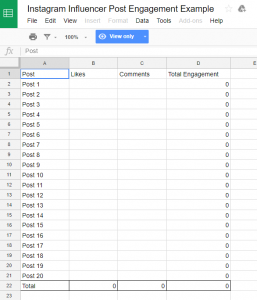Advertisers Looking For Google Alternative
Some 71% of marketers are seeking alternatives to advertising online with Facebook and Google as they become more concerned with how the two control trends and business models. Recent reports suggest that marketers are looking at Amazon, for example, as an alternative.
Findings from a study — the 2018 Location-Based Marketing Report, published this week by location-based firm Factual — cite access to data as a major concern. Among the 700 marketers from brands and agencies surveyed, 92% have one or more concerns about Google and Facebook.
Factual commissioned Lawless Research to survey location data buyers in the United States in a quest to discover how companies use location data for marketing and what features are most important. They also wanted to know their thoughts on Google and Facebook in terms of the shrinking ability to access data.
U.S. companies spent $17.1 billion on location-targeted mobile advertising in 2017, according to BIA Advisory Services. And although marketers will have less access to some data in the future, BIA estimates advertisers still will increase spending to $26.5 billion in 2019.
Some 38% of marketers say their top concern is receiving false impressions, followed by 36% who cite transparency and 36% who cite pricing.
Nearly all location data buyers — at 95% — agree that data transparency accurately indicates the quality of the data. Nearly two-thirds of marketers use location data for targeting ads and promotions, and nearly half for location-based offers
About 85% of marketers say location-based advertising and marketing produced growth in their customer base, followed by 83% cite higher response rates, and 83% cite higher customer engagement.
Marketers say the data gives them more knowledge about their customers’ needs and interests, at 77%, and 74% say it improves their marketing and ad campaign return on investments.
But with all the good that location data can offer, marketers have concerns about viewability, inaccuracies in reporting, and lack of third-party validation.
(77)
Report Post




